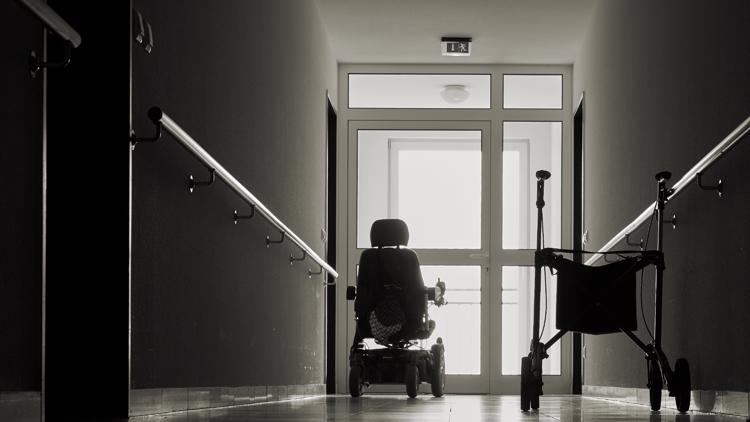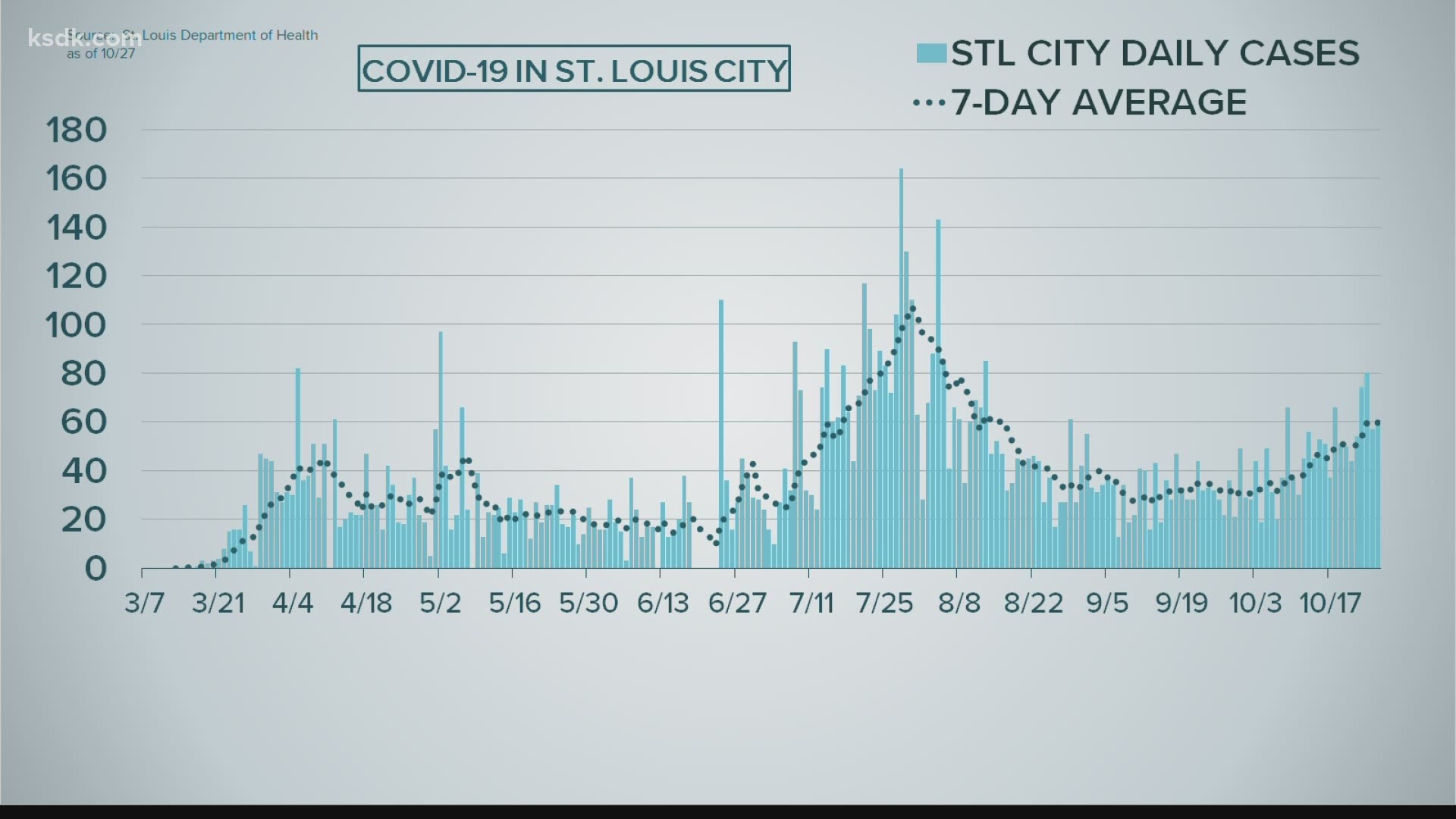COLUMBIA, Mo. — A federal judge refused to intervene Wednesday to keep open a Missouri lab that handled coronavirus tests for about 2,500 nursing homes in 11 states after the federal government suspended the lab for what it alleged were serious violations that put patients’ health at risk.
U.S. District Judge Douglas Harpool said that the lab, Gamma Healthcare, was in effect asking him to step into a role that belongs to federal health and safety regulators.
Missouri nursing homes are worried that loss of the lab’s services will slow down testing for their elderly and frail patients.
Gamma Healthcare's Poplar Bluff lab handled COVID-19 testing for thousands of long-term care centers in Arkansas, Illinois, Iowa, Kansas, Kentucky, Louisiana, Mississippi, Missouri, Oklahoma, Tennessee and Texas.
Attorneys for the Medicare agency, or CMS, in court documents wrote that two testing machines at the lab operated for months producing false-negatives on over a quarter of known-positive COVID-19 samples. Regulators also found multiple false-positive COVID-19 test results at the lab.
A CMS spokeswoman in an email said following federal lab regulations is especially important during the coronavirus pandemic to ensure accurate test results and slow the spread of the virus.
Gamma Healthcare lawyers said the Poplar Bluff lab voluntarily stopped COVID-19 tests earlier this month in response to issues raised by regulators. But attorneys said the labs have fixed the issues and sued in federal court to stay open, arguing that suspending the labs’ licenses would leave thousands of nursing homes “without crucial laboratory services.”
Harpool on Wednesday denied Gamma Healthcare's request.
In his ruling, Harpool wrote that the company was asking him to “second guess” CMS's authority to decide if the labs “present a threat to public safety.” He said that's beyond his jurisdiction and said Gamma Healthcare needs to go through other administrative channels first to appeal CMS's decision.
The Missouri health department first identified problems at the lab during a June 23 inspection on behalf of CMS. Regulators found issues including failure to prevent specimen contamination and lack of procedures to prevent COVID-19 from spreading between lab workers.
Gamma Healthcare has argued that the issues CMS pointed out have been fixed and that regulators are not giving the lab a fair chance to show how it's addressed the problems.
For example, Gamma Healthcare officials said issues with false-negative COVID tests could have been caused by technical problems with how CMS checked them and that internal reviews found the instruments were working properly.
“After review of the instrumentation (four instruments) used at GHC, and after testing thousands of patients, all equipment responses were identical and there was no evidence of false-negative data," Gamma Healthcare Director of Laboratory Services Dr. David Smalley said.
CMS attorneys wrote in court documents that Gamma Healthcare repeatedly told regulators that the labs had “shaped up."
“But talk is cheap,” according to a CMS court filing. “In early October, surveyors revisited the labs, and the state of the labs remained largely the same. At both labs, the lab directors consistently failed to provide management and direction to ensure valid and reliable lab test results.”
Gamma Healthcare attorney Mark Weller said the Poplar Bluff lab sent COVID-19 tests to American Esoteric Lab in Memphis, Tennessee and Supreme in the Dallas area after it stopped processing those tests.
But he said more urgently, the suspension means an end to tests to detect diabetes, cancer, urinary infections and other illnesses among nursing home residents and other patients.
“Patient care will suffer,” Weller said in an email.
It's unclear whether the nursing homes have found other labs to handle routine testing.
The Missouri Health Care Association, which represents nursing homes and other long-term care centers in the state, said one fewer lab will make a big difference.
"Any instate lab we lose for COVID testing will have an impact and is especially devastating given the testing frequency our facilities are required to follow under the current CMS guidance," Executive Director Nikki Strong said in a statement.




